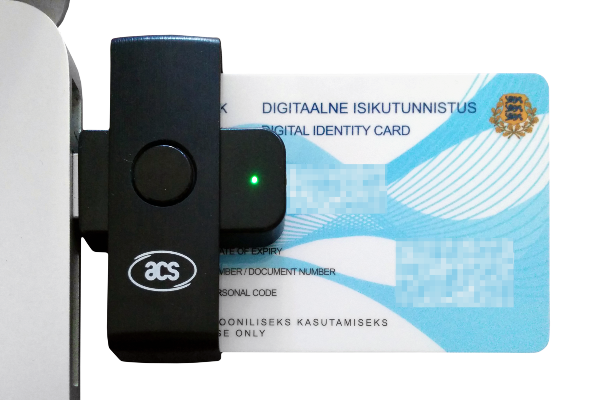Estonian e-residency and refactoring government
Marshall McLuhan once said “Our Age of Anxiety is, in great part, the result of trying to do today’s jobs with yesterday’s tools”. There’s not a lot of technology that we interact with on a day-to-day basis that’s stayed in continuous operation for 230 years. The faculties by which we interact, gather, and exchange ideas in social and professional realms have dramatically evolved in this span of time. Our systems of government, at both philosophical and practical levels, largely have not.
Every day I work with teammates in Germany, New York, California and British Columbia. “Presence” means something quite different today than it has for much of human history. It is a divided concept, and virtual presence often has equal or greater consequence than physical presence.
The virtual space is overwhelmingly where I work and even where I live. Cut my ties to my virtual gathering places and remote repositories of information and I literally cannot work. Cut my ties to my physical place and it barely makes a difference (it certainly presents no dramatic impediment to work nor even a total disruption of my social life).
Estonia’s E-Residency program allows qualified citizens of any nation to become legal “E-Residents” of Estonia and gain the right to bank and do business in the country. Even though the rights are somewhat limited today, I feel like it is a step toward a future in which notions of residence and governance better align with our technologically bound reality.

In the US it feels like we are often far less interested than we should be in rethinking government to appreciate the dramatic changes technology has brought to all areas of our lives. Even though the Estonian E-Residency program is limited today, I think it’s awesome that a government has been bold enough and flexible enough to conceive of and execute on a project like this.